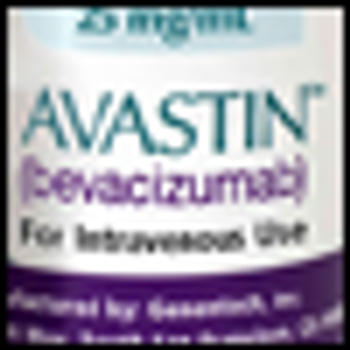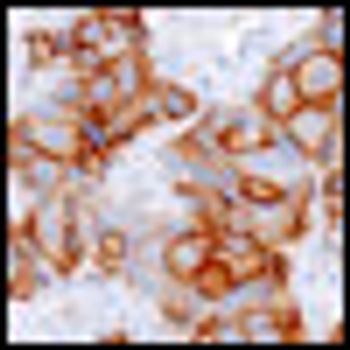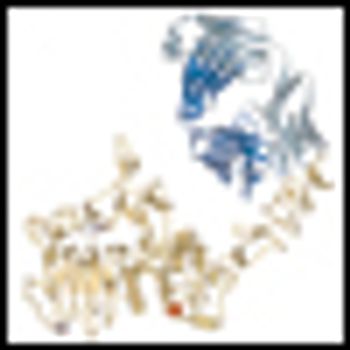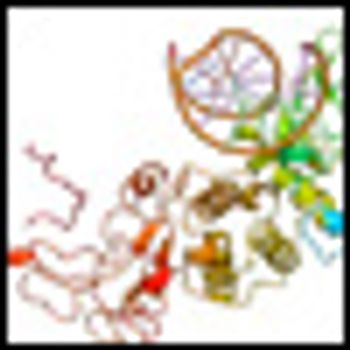
Treatment of HER2-positive cancers has improved rapidly over the past decade, and the pace of progress continues to accelerate. The advances have been fueled in part by the conduct of neoadjuvant studies, which have aided in the development of novel therapies and more effective combination regimens.










































